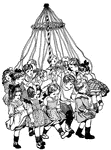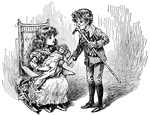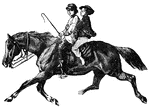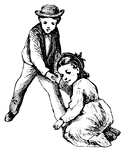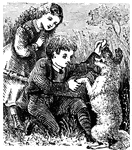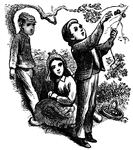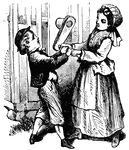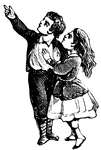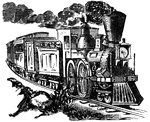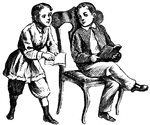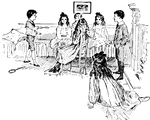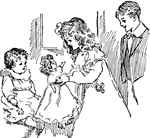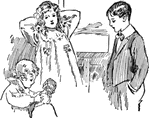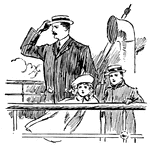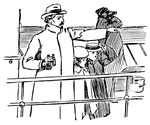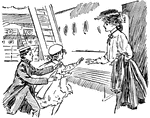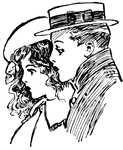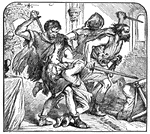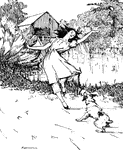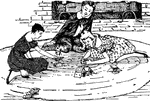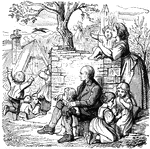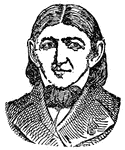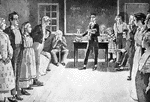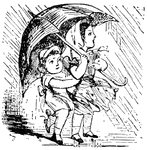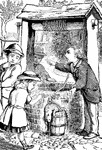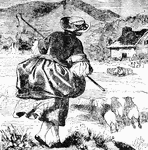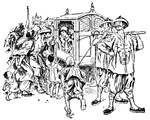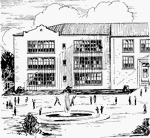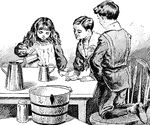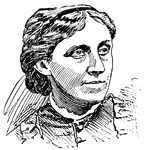
Louisa May Alcott
(1832-1888) Children's author who wrote Little Women amongst other children's stories.
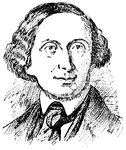
Hans Christian Andersen
(1805-1875) Author that wrote children's stories such as The Tin Soldier, The Tinderbox and The Ugly…
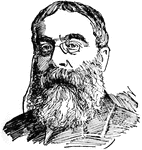
Walter Besant
(1836-1901) British novelist and social reformer who wrote The Children of Gideon, Conditions of Men…
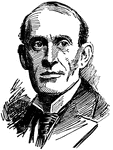
Eugene Field
(1850-1895) American writer and poet who became a reporter and journalist. He wrote children's stories…
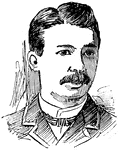
Joel Chandler Harris
(1848-1908) Southern writer who wrote children's stories inspired by African-American folklore.
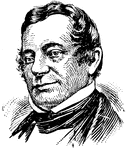
Washington Irving
(1783-1859) American writer who wrote a collection of children's stories that included Rip van Winkle…

Children Reading
Bookplate of two children reading with scenes from the book unfolding in the background.
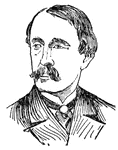
Henry Bergh
(1820-1888) Henry Bergh was a philanthropist who organized the Society for the Prevention of Cruelty…
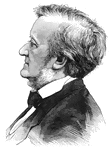
Richard Wagner
A German composer and dramatist born in Leipzic, May 22, 1812, the youngest of nine children, died in…
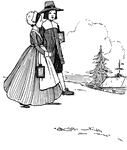
Children with Hornbooks
Hornbooks are not what we would think of today as a book, for it was made of a piece of cardboard covered…

Evacuation of Corinth
Evacuation of Corinth, Mississippi- Confederate fortifications, from the northern angle, looking south-…
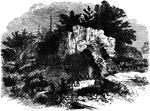
Killing's Cave
"Killing's Cave, on the banks of the Potomac, near Sharpsburg, the place of refuge of many citizens…

Civil War Musical Entertainment
"Extempore musical and terpischorean entertainment at the United States arsenal, Baton Rouge, La., under…

Three Children
"Three children sliding on the ice, All on a summer's day. As it fell out they all fell in. The rest…

Horseshoeing
"Horseshoeing in the army. Not like the country blacksmith, by the highroad upon the skirt of the village,…
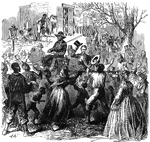
President Lincoln
"President Lincoln riding through Richmond, Va., April 4th, 1865, and the enthusiastic cheers of the…
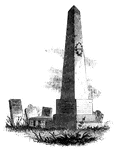
Caldwell's Monument
Caldwell's monument. The following are the inscriptions upon the Caldwell monument: East Side: "This…

Ramses II in Profile
"Ramses II was a powerful sovereign, called Sesostris by the Greeks, identified by many with the Pharaoh…

Gustavus Adolphus
"Gustavus Adolphus entered Germany at the head of 16,000 men. Among some of the Protestants there was…
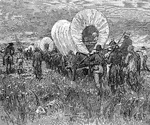
Western Train
"A western emigrant train. The occupation of the west. With every year the line of settlements was pushed…
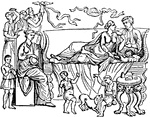
Accubatio
"The act of reclining at meals. The Greeks and Romans were accustomed, in later times, to recline at…
